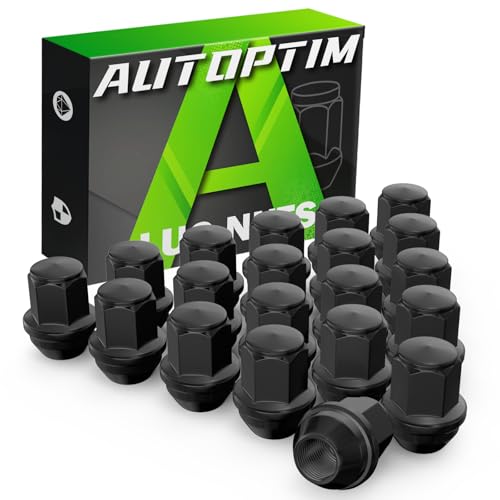- Joined
- Aug 27, 2021
- Messages
- 324
- Reaction score
- 120
- Location
- Williamsburg Virginia area
- My Car
- 1972 H code convert., 351C 2V, FMX, 9in., Ram air, Pwr Steering, Pwr Disc brakes, air-conditioning, 15" sport wheels, Ivy Glo w/white deluxe interior.
Good afternoon everyone!
We established in another post that this system was worth keeping as part of the fuel system.
The actual recovery line, leading from the fuel tank will need to be replaced, that’s a given.
As far as the canister is concerned, I haven’t looked for a replacement yet since I hoped to just clean and repaint the original one.
I was curious about removing rust so, even after capping off all the hose connections, can it be soaked or will the seam leak?
It’s really not in the worst shape but the vinegar soak has made even the moderate rust issues a non issue.
Feedback is appreciated. Thanks again!
We established in another post that this system was worth keeping as part of the fuel system.
The actual recovery line, leading from the fuel tank will need to be replaced, that’s a given.
As far as the canister is concerned, I haven’t looked for a replacement yet since I hoped to just clean and repaint the original one.
I was curious about removing rust so, even after capping off all the hose connections, can it be soaked or will the seam leak?
It’s really not in the worst shape but the vinegar soak has made even the moderate rust issues a non issue.
Feedback is appreciated. Thanks again!






















































